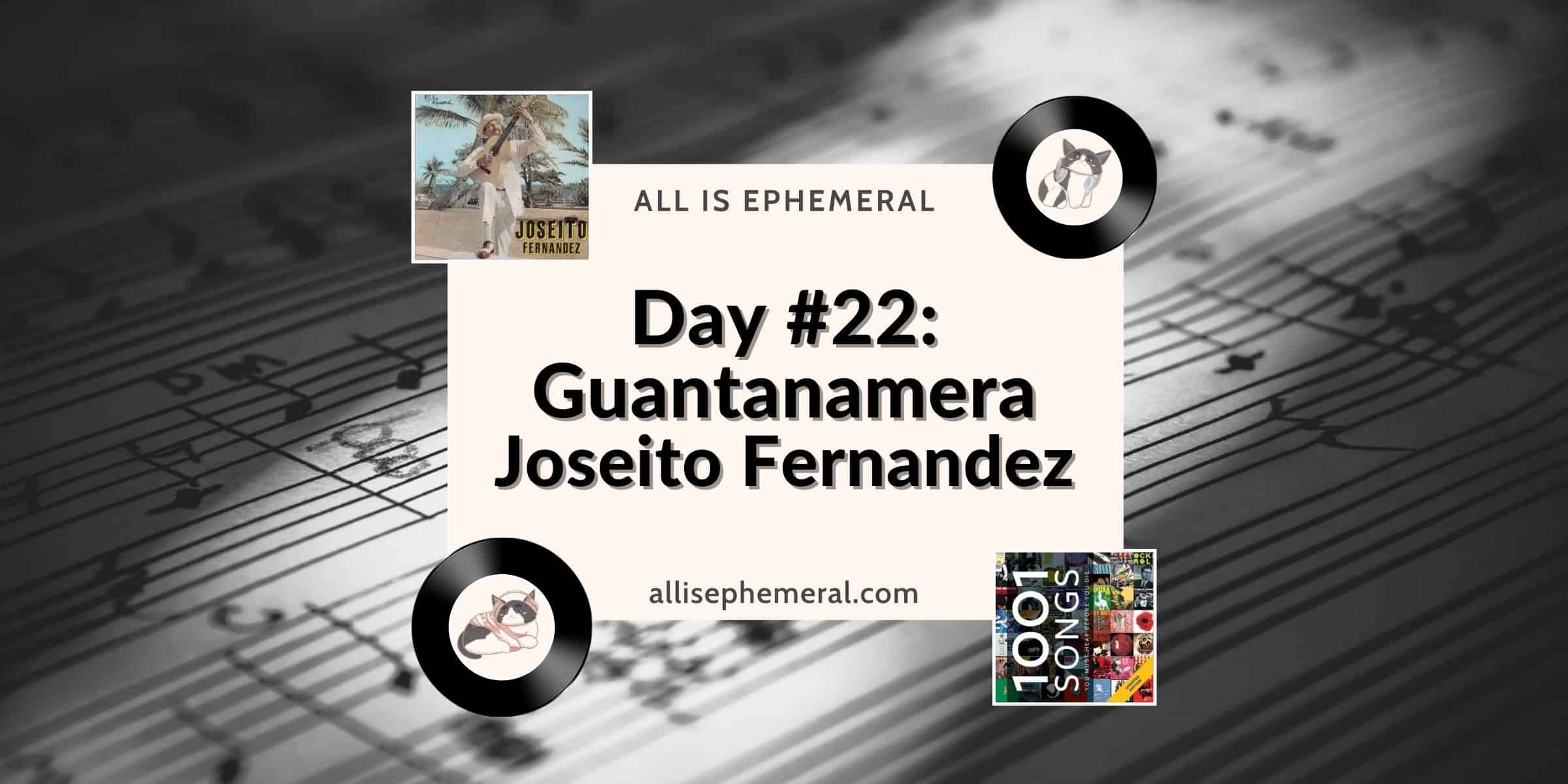
1001 Songs Challenge #21: Gloomy Sunday (1941)
 On 11 February 2019 I set myself the challenge of reading 1001 Songs You Must Hear Before You Die by Robert Dimery (ed.) and following the book’s advice to the letter. I’ve previously read 1001 Films… and started 1001 Albums… but felt 1001 Songs… would be a sensible place to start for what I have in mind here.
On 11 February 2019 I set myself the challenge of reading 1001 Songs You Must Hear Before You Die by Robert Dimery (ed.) and following the book’s advice to the letter. I’ve previously read 1001 Films… and started 1001 Albums… but felt 1001 Songs… would be a sensible place to start for what I have in mind here.
My challenge is to read about one song per day and listen to it (YouTube and Spotify, I need you tonight!) before sharing my own thoughts. Some songs I will love, others I’ll hate, and I’m sure there will be those that leave me perplexed but listen to them I shall.
I’ll also try, and most likely fail, to pinpoint the best song from the 1001 on offer but I’m nothing if not foolhardy. Instead of one song, I’m predicting I’ll have about 100 favourites by the end and may have to resort to a Top 10 so far to maintain any semblance of sanity.
of one song, I’m predicting I’ll have about 100 favourites by the end and may have to resort to a Top 10 so far to maintain any semblance of sanity.
So long as I post every day (including Christmas) then this challenge should come to an end on Wednesday 8 November 2021. Staying with the Barney Stinson theme I am hoping that the whole experience will prove to be… legendary!
Billie Holiday – Gloomy Sunday (1941)
Gloomy Sunday
” Gloomy Sunday” ( Hungarian: Szomorú vasárnap), also known as the ” Hungarian Suicide Song”, is a popular song composed by Hungarian pianist and composer Rezső Seress and published in 1933. The original lyrics were titled “Vége a világnak” ( The world is ending) and were about despair caused by war, ending in a quiet prayer about people’s sins.
A second appearance for the wonderful Billie Holiday today. Strange Fruit is currently my favourite song from the challenge so far. This second song is entitled Gloomy Sunday and it is pure coincidence that its appearance on this blog also happens to be on a Sunday. In other circles the song is known as Hungarian Suicide Song which gives an immediate insight into its subject matter.
The song sees our narrator singing of a lost loved one and how their Sunday is particularly gloomy in their absence. The song becomes increasingly desperate as the narrator’s loneliness leads them down a dark path, one that speaks of suicide, an end to their suffering and the prospect of being reunited with the one they have lost. Despair breathes throughout the song and with Billie Holiday’s voice, the song becomes even more poignant.
The song becomes increasingly desperate as the narrator’s loneliness leads them down a dark path, one that speaks of suicide, an end to their suffering and the prospect of being reunited with the one they have lost. Despair breathes throughout the song and with Billie Holiday’s voice, the song becomes even more poignant.
Despite the sadness and desperation of this song, there is still beauty to it even if it is a hard listen. Holiday’s voice is once again sublime and she taps into the loneliness of the narrator and somehow conveys the overwhelming feeling of suffering that they are going through. Not a song you would want to play on repeat, but certainly one that is worthy of at least one listen.
Favourite song so far:





